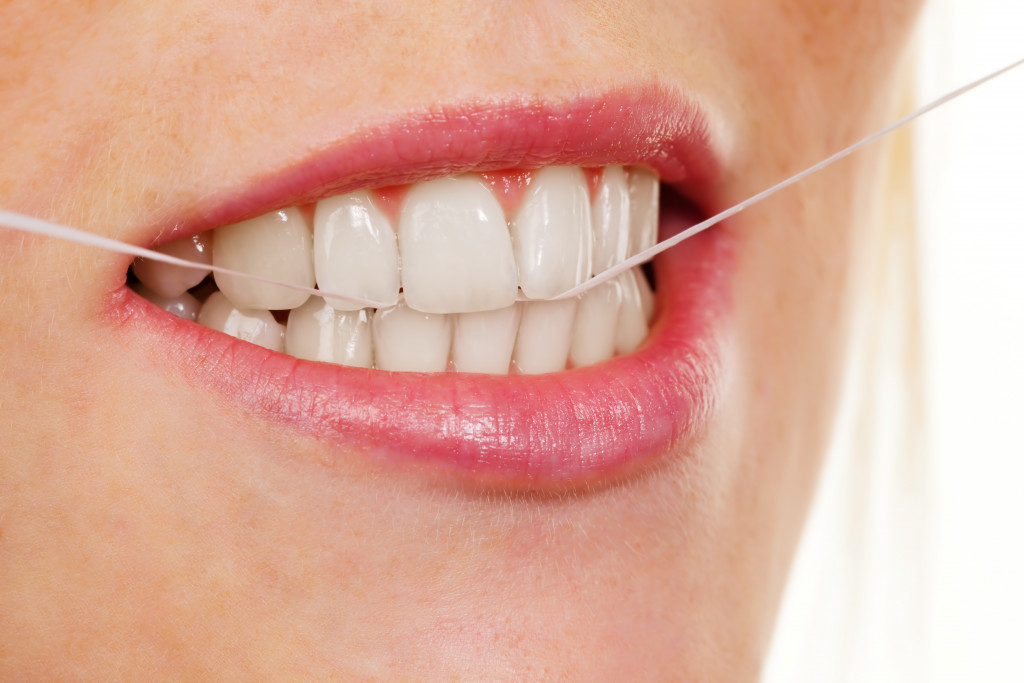When was the last time you visited your dentist? If you only get your teeth checked when you feel pain, chances are it’s been a while since you went to your trusted dental clinic. Dental care is one of the aspects of our healthcare that we don’t prioritize. We think that as long as we brush our teeth at least two times a day, we’re good.
But our teeth and gums need more TLC than just daily brushing. If you engage in bad habits, brushing could only do so much to protect your teeth. Worse, some practices are performed without one’s awareness. For example, teeth grinding. It usually happens in sleep, so you wouldn’t know that you’re doing it until someone points it out.
That said, these four uncontrollable habits can impact your oral health:
1. Teeth Grinding
So what exactly is teeth grinding, and why is it wrong? This habit, medically known as bruxism, is the act of clenching and grinding one’s teeth from time to time. It’s often harmless, but it could damage the teeth and cause oral health complications if done frequently.
People usually grind their teeth when they’re stressed or anxious. But if they do it in sleep, it is more likely due to an abnormal bite, missing, or crooked teeth. Sleep apnea sometimes causes it too.
One sign that you grind your teeth is waking up with a sore jaw or headache. If you think someone is grinding their teeth, you could tell it by the sound of grinding you’d hear them make in their sleep.
This habit can be harmful because it can loosen or fracture the teeth. Chronic grinding can wear the teeth down to stumps, and only costly dental treatments, like bridges, crowns, root canal, or implants, can fix it.
In addition, severe cases can cause or worsen temporomandibular joint (TMJ) disorder and even alter one’s facial appearance.
Dentists treat teeth grinding by giving a mouth guard, a dental appliance that’s worn during sleep. If stress is causing the habit of grinding, a dentist can recommend stress-reducing techniques. They may suggest going to a counselor, exercising, or undergoing physical therapy, for example.
2. Snoring
Snoring has clear links to dental health and might be a sign of obstructive sleep apnea. A dental exam can detect signs of such a condition, which is also a serious health problem.
Obstructive sleep apnea affects an estimated 18 million Americans. It pauses one’s breathing in sleep, lasting for a few seconds up to 30 times per hour. The breathing interruptions happen because the muscles at the back of the throat relax, the tongue is too large, or the jaw is too small. Those factors obstruct the airways, creating vibration at the back of the throat, which then releases a snore.
Teeth grinding is also a sign of sleep apnea. It occurs as the brain’s way of sending a message to wake up because your airways are blocked. Hence, if you often wake up multiple times throughout the night with a gasp, chances are you are suffering from obstructive sleep apnea.
Dentists determine the possibility of sleep apnea through a sleep study, but only a physician can diagnose it. Thus, a dentist could only treat the oral effects of sleep apnea, such as teeth grinding.

3. Brushing Your Teeth the Wrong Way
Since brushing our teeth is second nature to most of us, you’re probably not immersed in the habit as you do it. If you don’t pay enough attention to the way you run your toothbrush, you could miss some areas and let them develop plaque.
A heavy hand while brushing can damage the gums, causing inflammation. In extreme cases, it would develop into periodontitis or severe gum infection.
So be more conscious when you brush your teeth. Run the brush along the backs of your teeth and your tongue. Use a light hand to make the action less abrasive on your gums.
4. Smoking
Quitting cigarettes is easier said than done, so it qualifies as an uncontrollable habit. Smoking causes many health problems, including plaque and periodontitis. But quitting it isn’t impossible. Doctors or going to rehab will help. Nicotine replacement therapy, a treatment that curbs cigarette cravings and withdrawal symptoms, is one tried and true method, so smokers should consider it. Prescription drugs may help, too, especially if the smoker is also experiencing poor mental health.
We have more control over our bodies than we think. All it takes to address our habits subconsciously or unconsciously is initiative. Identify the problem, then seek help from someone who can help fix it. Let’s not be a slave of our health conditions or bad habits.

